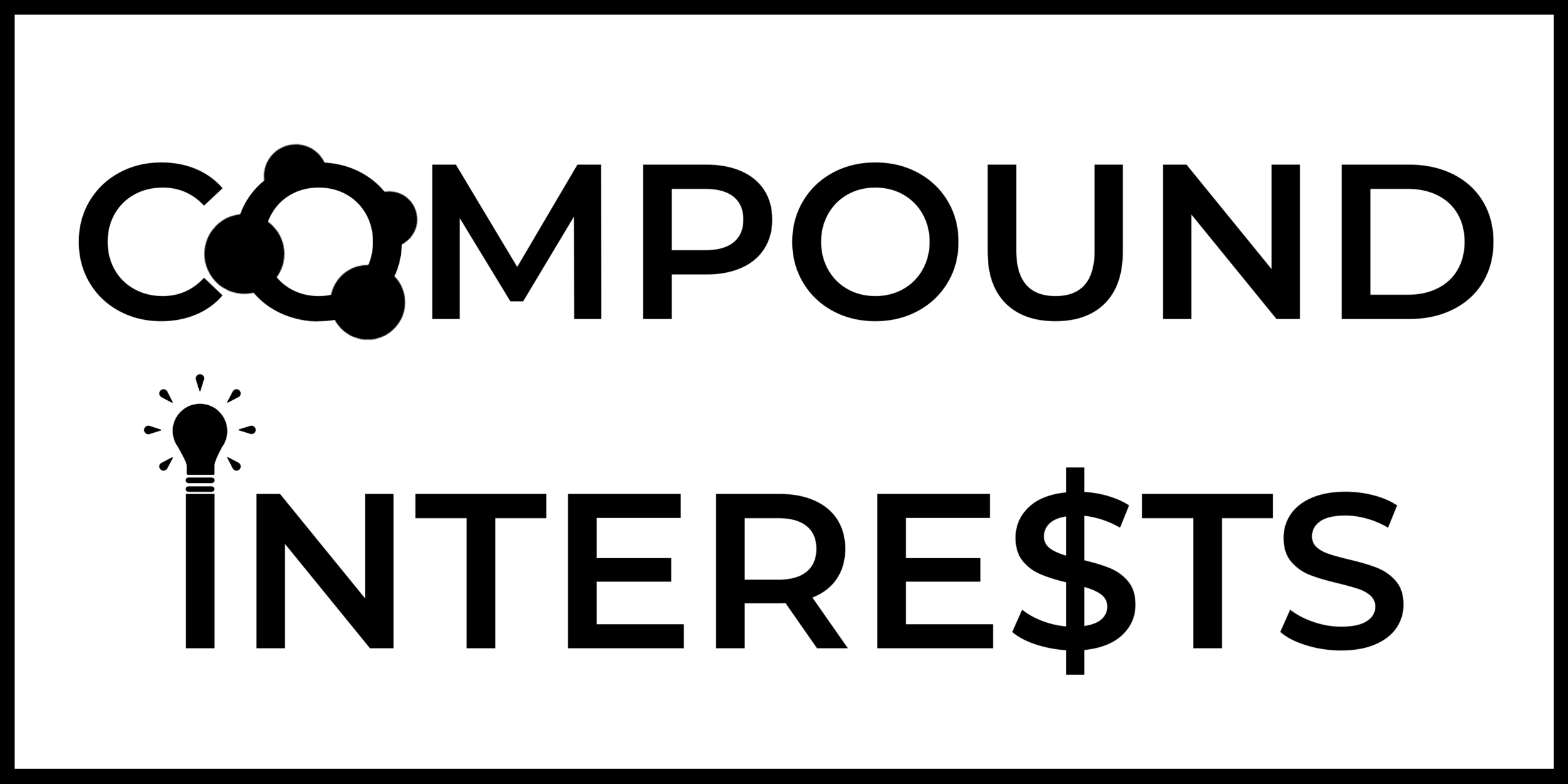BlueMassGroup Blog: State Officials Need To Respect Voters’ Decision To Legalize Marijuana
This is a blog post that was originally published on BlueMassGroup on December 6, 2016.
Over the past year, state officials from both parties tried in vain to scare voters away from legalizing marijuana. In spite of — or perhaps even because of — this fear-mongering, 54% of Massachusetts residents voted yes on question 4 to tax and regulate marijuana for adults over 21. But rather than accept the will of voters, some of these officials have already called for gutting this new law before it even takes effect. This is tremendously disrespectful to the people of Massachusetts and cannot be tolerated. Instead, officials should listen to their constituents and focus on implementing this new law responsibly. Below, I’ve listed three of the most important issues being discussed right now:
Timeline:
One of the most common concerns is the timeline set up by the initiative, with Treasurer Deb Goldberg even calling for an extension. But while our law will remove penalties for personal possession on December 15, 2016, retail sales would not begin until early 2018. This gives the state plenty of time to set up the Cannabis Control Commission and enact sensible regulations. In fact, it’s almost exactly the same amount of time that Colorado took to set up their industry, and they were starting from scratch. With the experience of four other states to guide us, we should have no trouble sticking to the same timetable as those trailblazers.Home growing:
Some officials and pundits are also calling to remove the right of people to grow marijuana in their homes, with Goldberg lamenting that it would be untaxed. Yet this is part of the point — marijuana is expensive and not covered by health insurance, and because our medical marijuana law does not allow all patients to grow their own, providing this protection to all adults will finally let patients provide for themselves. And beyond that vulnerable population, it’s unlikely that this right will be exercised by many beyond the most enthusiastic hobbyists. Home brewing is legal, but my neighbors making their own beer isn’t putting the Boston Brewing Company out of business any time soon.Taxes:
Speaking of taxes, the final proposal being floating by many politicians is drastically increasing the tax rate approved by voters. This argument sounds sensible at first: Massachusetts’ effective tax rate of 12% is much lower than that in Colorado and Washington. But it’s lower for a reason. Drafters of the initiative saw those states having trouble extinguishing their black market, since the high tax rates make it cheaper to buy off the street than in a store. And critics fail to mention that Maine also legalized marijuana this year, with an even lower tax rate of 10%. If we raise ours too high, that creates an incentive for people to buy in Maine and bring it back to Massachusetts, just like they already drive to New Hampshire for cheaper alcohol — but this time, they’d be breaking both New Hampshire and federal law.
Now, that doesn’t mean there’s no room for improvement. The initiative was smart to create a Cannabis Control Commission to regulate the industry, filling in all of the gaps that couldn’t be addressed in a ballot measure. Its members will be able to regulate everything from packaging, to warning labels, to the types of products that can be sold. For example, regulators in Colorado have banned marijuana gummy bears and other items shaped like animals, and Massachusetts regulators could, and probably will, do the same. Since the Commission will be appointed by the Treasurer, it’s almost certain they’ll be quite cautious about the new industry. This regulatory process is where Goldberg should focus her efforts, not on lobbying for a bill to gut the law.
The main role for the legislature in the post-legalization world is to decide where the new money raised through marijuana taxes goes, and I hope they steer a large portion of it to evidence-based drug prevention programs and public education. With tax revenues projected around $100,000,000 per year once the new industry is up and running, there’s even more reason to move quickly on implementation.
The political establishment already failed at scaring voters away from legal marijuana. Rather than continue their campaign of resistance, they should listen to the people and regulate marijuana responsibly.
